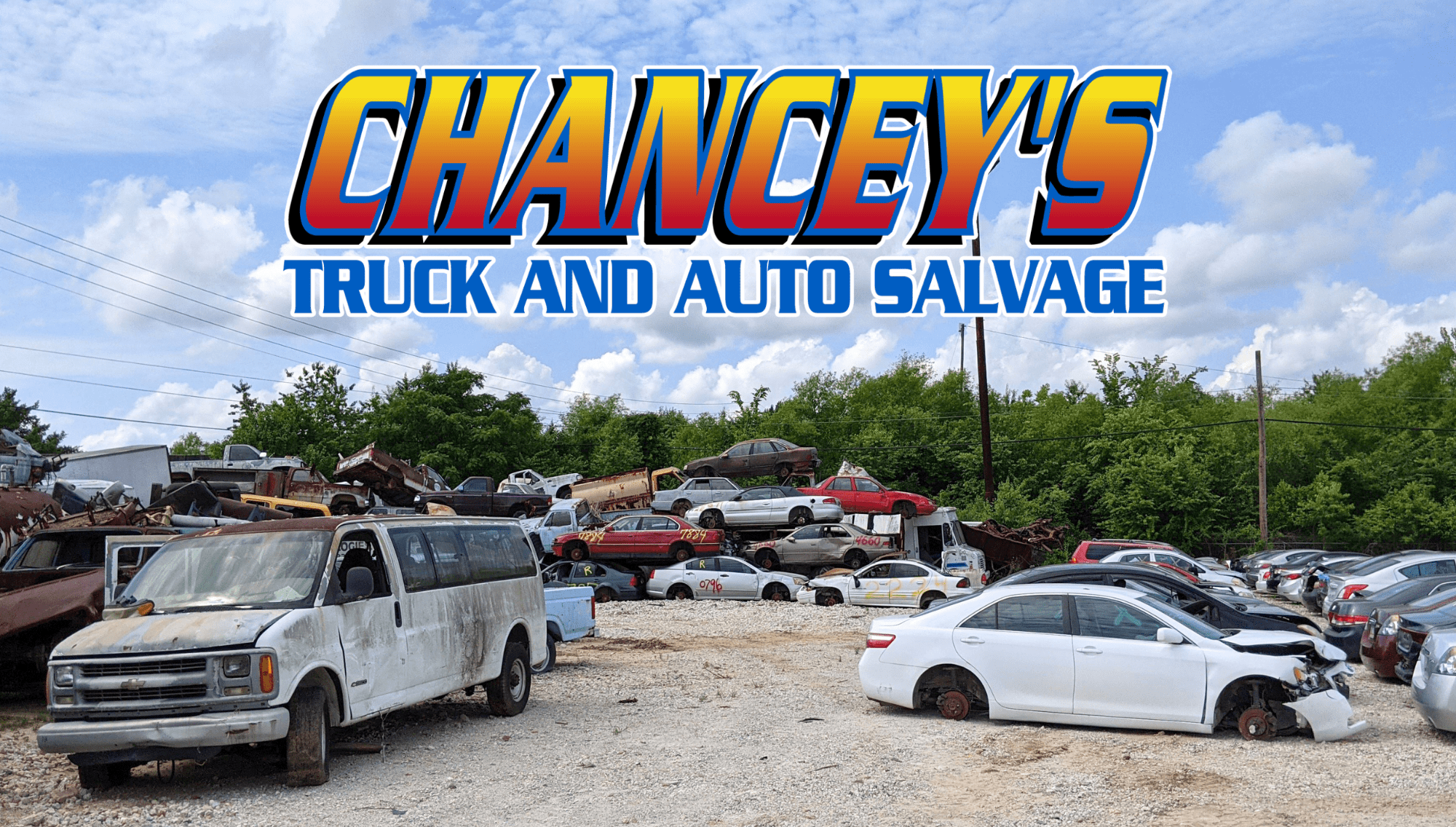Salvage vs. Scrap: What's the Difference and Which is Better?

When your car comes to the end of the road, deciding what to do with it can be challenging. Two standard options are to salvage or scrap your vehicle. Chancey’s Salvage in Augusta, GA knows that understanding the difference between these processes and determining which is better for your situation can help you make an informed decision. Let's dive into the key distinctions and benefits of salvage versus scrap.
Salvaging a vehicle involves extracting usable parts from a car or truck that is no longer roadworthy. These parts are then cleaned, refurbished, and resold. Salvage yards focus on recycling components that can be reused, reducing waste and saving resources.
Benefits of Salvage:
1. Environmental Impact: Salvaging reduces the need for new parts production, which conserves raw materials and decreases pollution.
2. Cost Savings: Buyers can find parts at a fraction of the cost of new ones, making repairs more affordable.
3. Value Recovery: Owners can often get more money for their cars by selling them to a salvage yard, especially if they have several valuable components.
What is Scrapping?
Scrapping a car involves dismantling it and recycling its materials, such as metal, plastic, and glass. This process typically occurs when a car is beyond repair and has few to no salvageable parts.
Benefits of Scrapping:
1. Complete Recycling: Scrapping ensures that nearly all vehicle parts are recycled, which is excellent for the environment.
2. Simplicity: The process is straightforward; you sell your car to a scrap yard, and they handle the rest.
3. Immediate Cash: Scrap yards often pay cash upfront for vehicles, providing a quick financial return.
Salvage vs. Scrap: Key Differences
1. Purpose:
- Salvage: Focuses on extracting and reselling usable parts.
- Scrap: Focuses on recycling the vehicle’s materials.
2. Profit Potential:
- Salvage: Can yield more money if your car has valuable, reusable parts.
- Scrap: Provides a faster transaction with immediate payment, though usually less money.
3. Environmental Impact:
- Salvage: Reduces demand for new parts, conserving resources.
- Scrap: Ensures complete recycling of vehicle materials, minimizing landfill waste.
Which is Better for You?
Salvage is ideal if:
- Your car has valuable parts that are still in good condition.
- You want to maximize the financial return from your vehicle.
- You are environmentally conscious and prefer reusing parts over complete recycling.
Scrap is ideal if:
- Your car is severely damaged and has few or no reusable parts.
- You prefer a quick, hassle-free process.
- Immediate cash is a priority.
Depending on your car's condition and your priorities, you can choose between salvaging and scrapping it. By reusing parts, salvaging can provide greater financial returns and contribute to environmental sustainability. On the other hand, scrapping offers a straightforward process with immediate payment and ensures comprehensive recycling.
Understanding the difference between salvage and scrap can help you make the best decision for your vehicle and the environment. Whether you opt to salvage or scrap, both options are crucial in sustainable waste management and resource conservation.
If you have a car that’s no longer roadworthy and are wondering what to do next, consider evaluating its parts and condition to determine whether salvaging or scrapping is better for you. For more information, please fill out Chancey’s contact form or call us at 706-842-7299.

